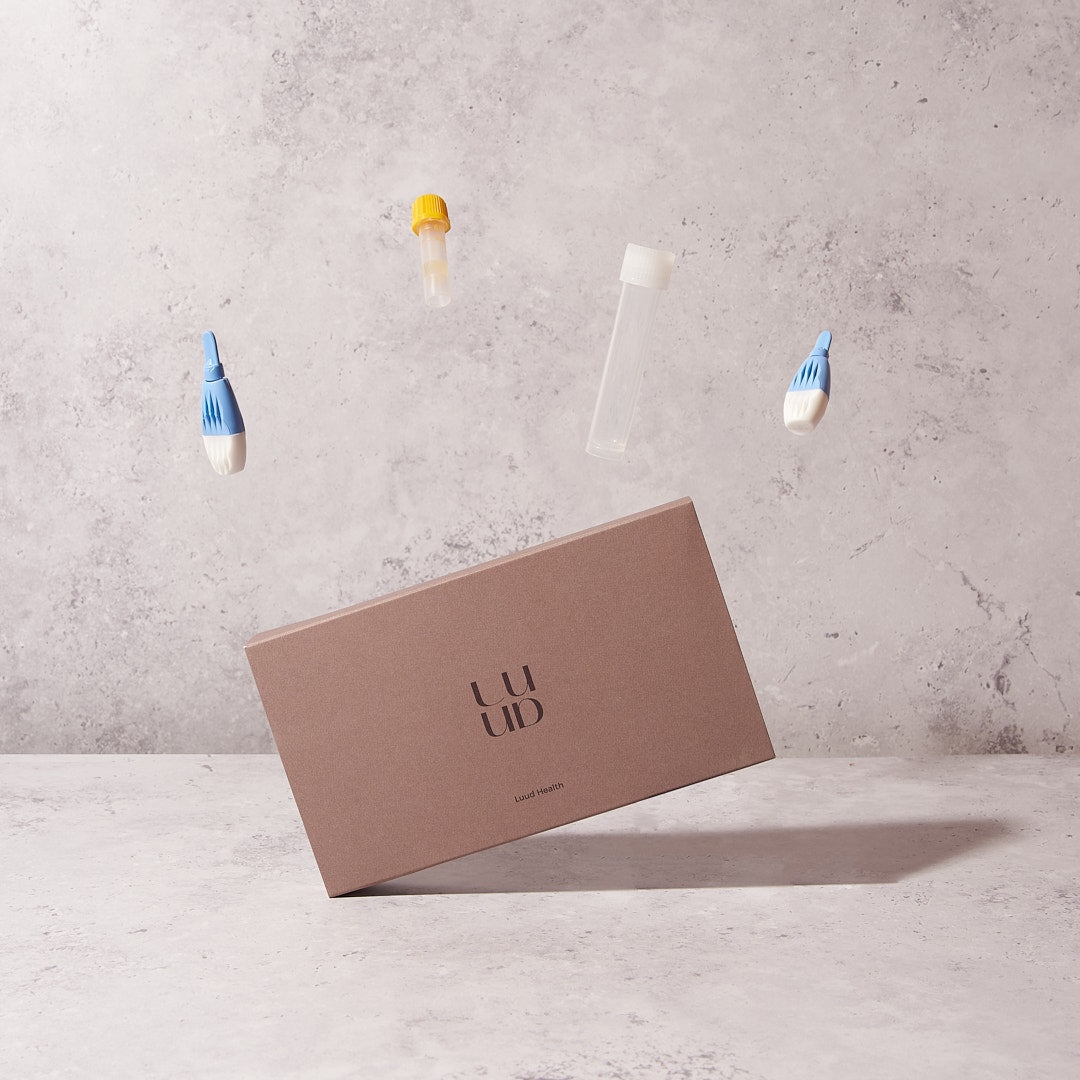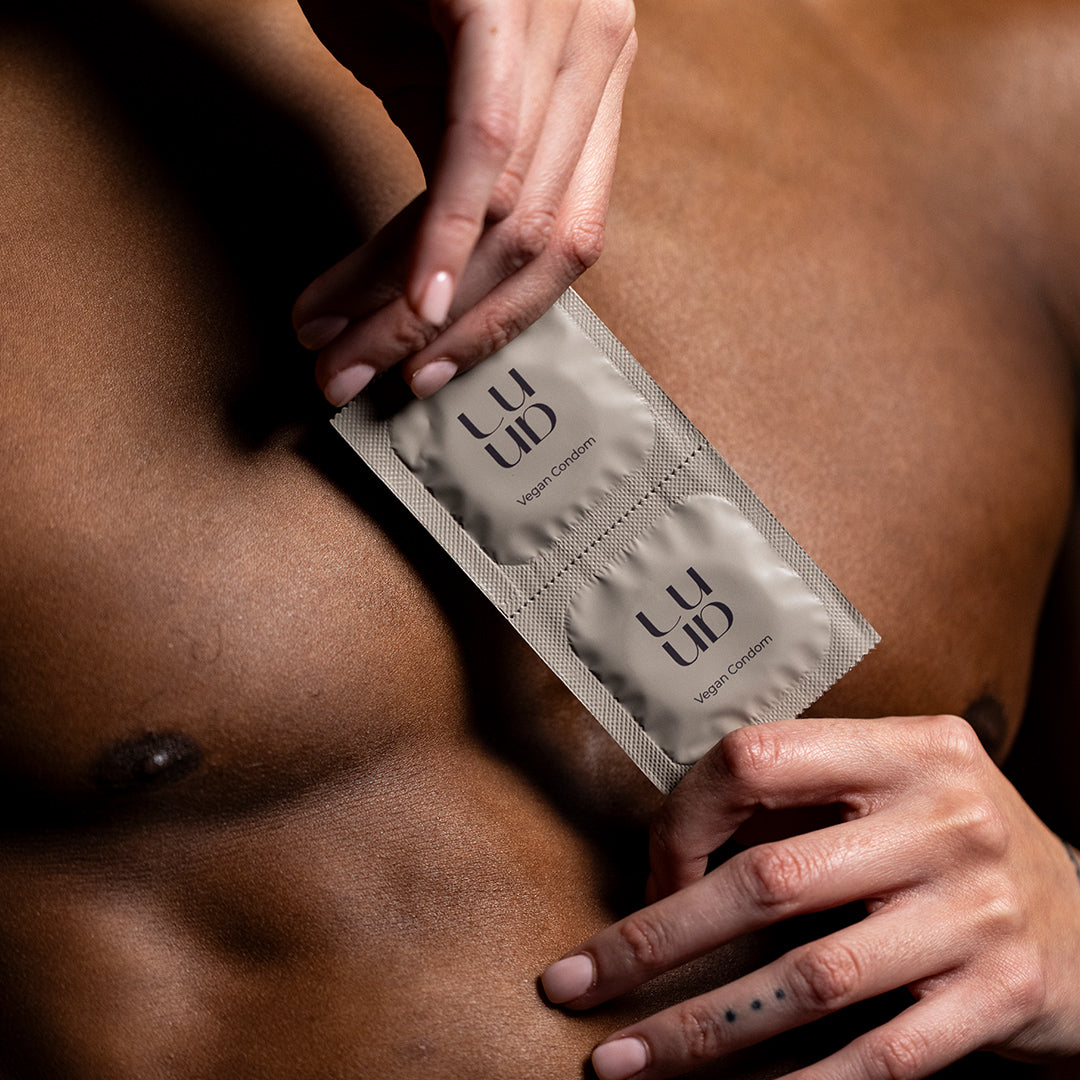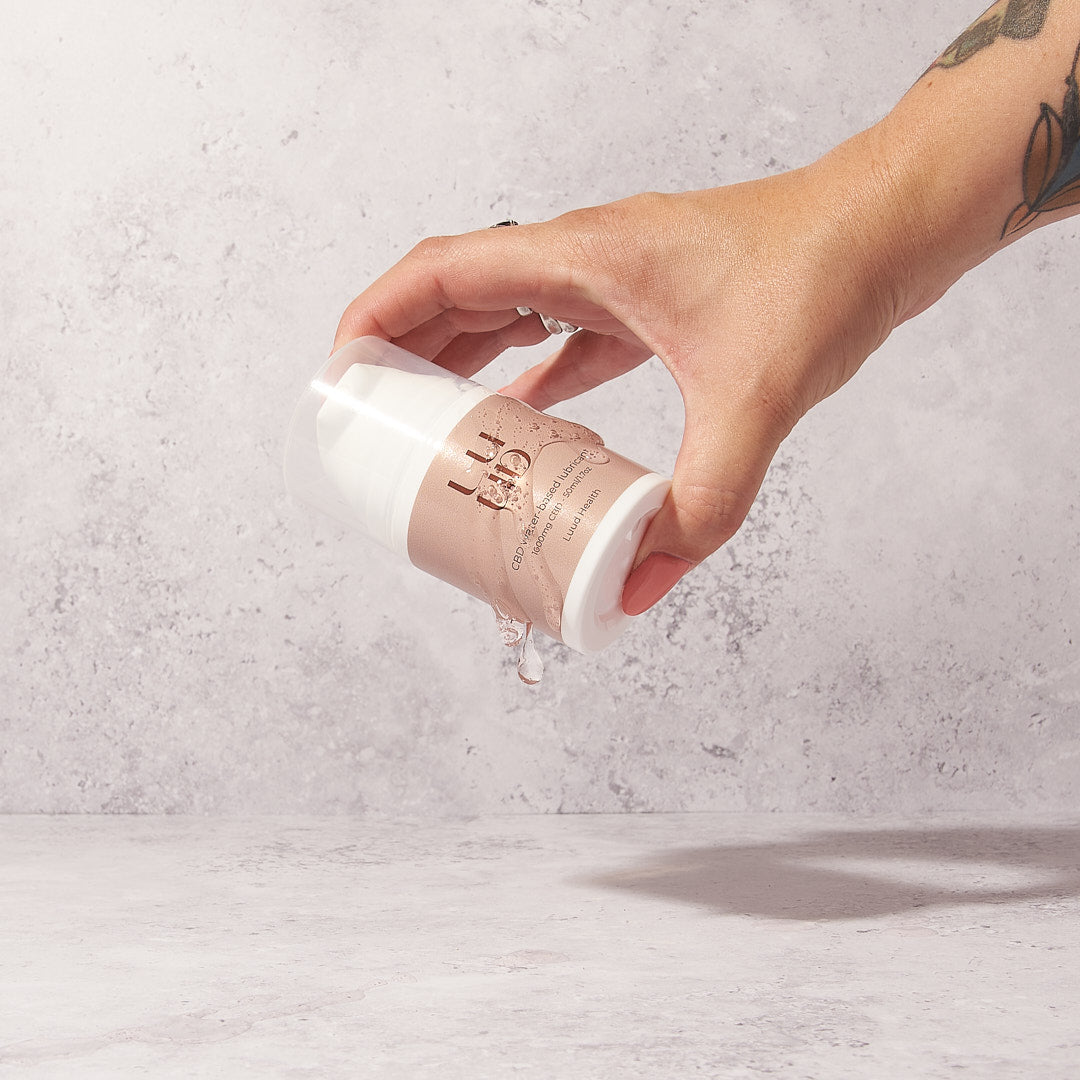300 million people worldwide use dating sites and apps, but how does the dating landscape change when you have an STI? Most sexually transmitted diseases are easily treatable with prescribed medication, but some are incurable and something you need to disclose to your potential sexual partners.
For positive singles who have a lifelong infection like herpes, bringing up the conversation may feel daunting, but it definitely shouldn't stop you from getting out into the dating pool to meet your perfect match. I'm going to share 5 quick tips on how to disclose your STI status on dating apps.
Dating with an STI
Where you live and the culture that surrounds sexuality in that location will influence how people think about STIs. The first thing to consider when wanting to disclose on a dating site or dating app is to assess whether it is safe for you to do so or not. My experience may not be your experience, but this article is intended to be an inspiration for general tips on how to go about a herpes status disclosure (or any other infection) on a dating site, if that's what you want to do.
The pros & cons of disclosing your positive STI status on a dating site
Pros
What are the pros and cons of disclosing your status on a dating site or app? One pro is it saves time. It makes sure that you and your potential partner are not investing time getting to know each other if your status is going to be a problem for them. It also leads to great conversations. So of course it can start with sexual health, but it can move on to sexual preferences, consents, and other conversations that are really important to have.
Another pro is that it helps overcome internalised stigma. It gives us a chance to realise that potential partners' responses are not as bad as we make them out to be in our heads. It creates a sense of vulnerability and trust. If you share personal information that is (wrongly) regarded as shameful by society, chances are that your potential partner will receive this information with the respect that comes with braving the social stigma attached to STIs.
Cons
Now when looking at the cons it's important to remember this is all theoretical, and these fears are based on stories we create in our minds. The first con is the fear of being disqualified right off the bat. A fear of being disqualified before they even get a chance to know who you are as a person. Then of course there is the fear of screenshots and being 'outed' in public. People also fear that it would attract unkindness. We all know the internet is a place where people can be a lot more vocal and harsh about their opinions.
5 tips for sharing your STI status when online dating
1. Include something about sexual health on your profile.
I don't necessarily mean to include your actual diagnosis on your profile, you don't have to be so bold, but you can say something like "sexual health advocate" or "big on sexual health" (alongside your other interests - gender equality, music, travel, etc.) This acts as bait for people to take. It makes it easy for a potential match to ask, "what do you mean you're big on sexual health? What does a sexual health advocate mean?" This will give you a chance to bring up your diagnosis as a natural part of the conversation, because the conversation was initiated by your match.
2. Make it casual.
You don't have to get into why you contracted herpes or how you contracted herpes, or any other STI you're living with. There's no backstory other than the fact you are a sexually active human being. Anyone who is looking for a deeper answer or reason clearly doesn't have an understanding of STIs, how easily transmittable they are, and how common they are. Now THAT is a red flag. The risk of STIs is an inherent part of being sexually active, that's why you need to make sure both you and your potential partners are on top of your STI testing game.
3. Be mindful of your tone.
Some people may read point number 2 and think of 'making it casual' as joking about it, and using sarcasm to show that you're cool about STIs. Even if you have an STI and you're not one of those people who turns sex from a fun and playful topic into a scary and serious one, there's obviously a middle ground. You can de-dramatise the situation without turning yourself into a clown.
If there's an invisible line between drama and soft deprecation, try to find the middle ground. If you're already on the topic of sexual health, you could try something like, "since we're on the topic, I want to mention that I tested positive for HSV-2, HSV-1, (whichever you have) a few years ago. Obviously I refrain from sexual activity whenever I experience a symptom, but I still care to mention it to you in case that was a deal breaker."
4. Don't focus on educating or convincing matches.
Of course, there's a difference between disclosing and debating, right? Even though I personally love conversations about STIs because they really require us to get comfortable with the uncomfortable, they also don't need to be front and centre of a conversation between two people who are just getting to know each other.
There's so much more to talk about than just STIs. So refrain from unloading a laundry list of stats and facts because even though stats and facts are valuable, sharing them at the right time and place will be key to making this information either helpful or overwhelming. Give some room for these matches to ask questions or request more information if they want to.
Remember that the goal here is to let them know that there is a health component to be considered to potential intimacy between you two. It isn't to open their mind as to how they relate to STIs and how they consider the risks of them in their sex life. So if they answer something that is stigmatising, or they give you an answer that doesn't really make sense to you, just accept it as a sign that you are clearly not aligned, and that's that.
5. Make sure you ask your match about their sexual health status.
Being a sexual health advocate means placing sexual health as a priority between people who are attracted to each other. So it's not a one way effort or a one way conversation. Sure, part of it is disclosing your status, but another part is receiving your match's sexual health information. If they're not bringing up their sexual health status organically, don't assume it's because they've gotten negative results altogether. They might not have been tested recently. And if that's the case, you would want to know, right? So definitely ask.
Luud Health offer a home STI testing service that is quick and simple to use. Order a test, create an account and take your samples at home. Return them in a pre-paid envelope, and your results will be sent within 2-5 working days to your account online. No excuses for you or your potential partner to not know your sexual health status.
Are there dating apps for people who are living with herpes and other STIs?
There sure are. Positive Singles is a great platform for people with herpes. It has more than 2 million registered members and you can state the infection you're living with as you sign up to the dating platform. Positive Singles is not only designed for herpes singles, users can be open about any STI they have, including the most common sexually transmitted disease human papillomavirus (HPV), which affects 80% of the global population.
Disclosing something about your health on a dating app may feel stigmatising because it puts your STI status on the same level as a defining character trait of yours, but I believe honesty really is the best policy when it comes to sex and sexual health. You have nothing to be ashamed of if you have herpes or any other STI. I hope this conversation was helpful in deciding how to disclose your STI status on dating apps, and whether it feels right for you.






